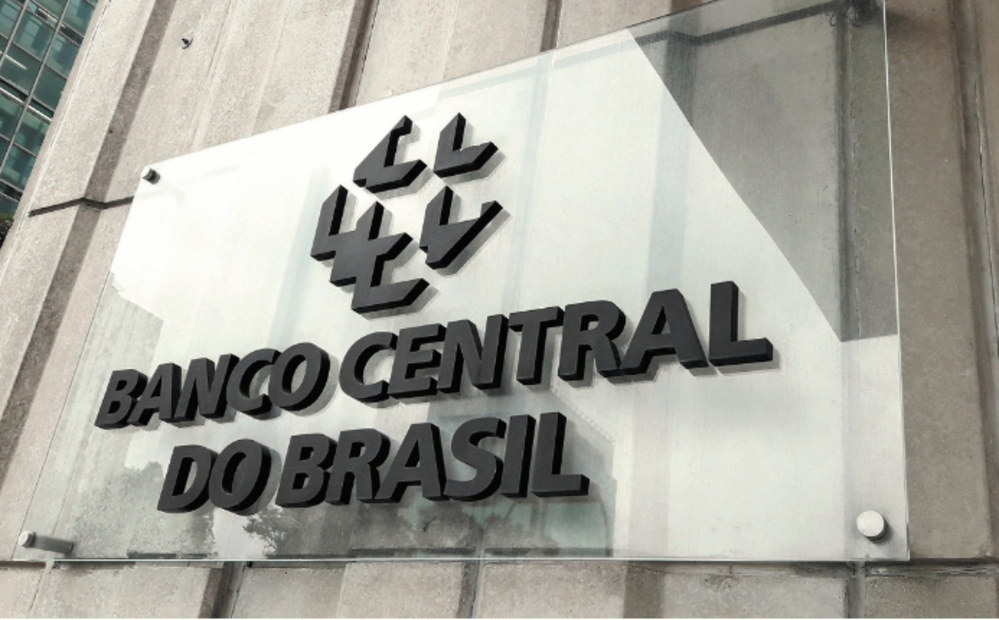Three State Banks in Brazil Turn to Betting to Boost Revenue

Brazil.– October 30, 2025 – www.zonadeazar.com At least three Brazilian state-owned banks —Banese (SE), Banestes (ES) and BRB (DF)— are moving into lotteries and online betting as a way to diversify income and finance public policies, while federal authorities tighten controls on the booming betting sector.
Tax revenue from betting reached R$ 6.8 billion in the first nine months of 2025.
Overview
This trend marks a new phase in Brazil’s relationship between public finance and digital gaming, positioning betting as a legitimate state revenue source.
The banks seek to leverage the high-profit margins of the sector through direct or concession-based operation models.
Details / Context
- Banese (Sergipe) launched Lotese in May with over 600 games, including fixed-odds and instant betting.
- Banestes (Espírito Santo) is negotiating exclusively with the World Lottery Consortium to launch before year-end, allocating 12% of proceeds to culture, sports and tourism.
- BRB (Brasília) plans to revive its project after a 2024 pause prompted by scrutiny from the Attorney General’s Office.
Meanwhile, Caixa Econômica Federal is preparing its own national “bet” platform for November, forecasting R$ 2.5 billion in 2026 revenue.
Key Points
- Economic: Brazil’s betting market could surpass R$ 22 billion in 2025, drawing interest from both public and private operators.
- Regulatory: The government introduces stricter controls, including a ban on betting for Bolsa Família beneficiaries.
- Social: Revenue shares are earmarked for social inclusion, culture, and environmental projects, reinforcing the idea of gaming with public purpose.
- Technological: Platforms integrate AI-based analytics and multi-channel engagement to optimise performance and compliance.
Future Outlook
For these state banks, betting represents a fiscal innovation strategy.
The challenge will be balancing economic ambition with social responsibility, ensuring that state-run gaming strengthens — rather than undermines — public trust and equity.
🔗 Edited by: @_fonta www.zonadeazar.com